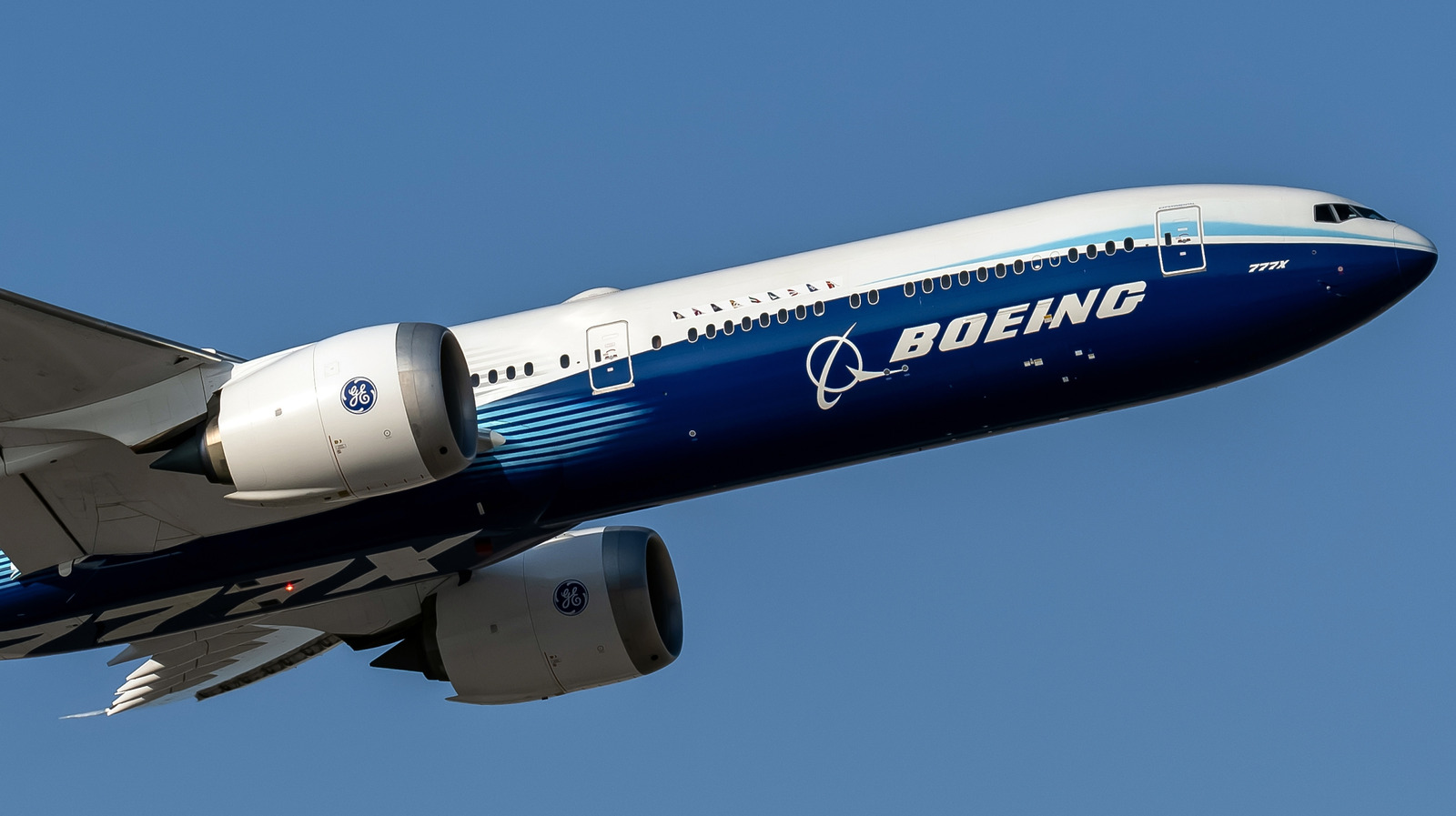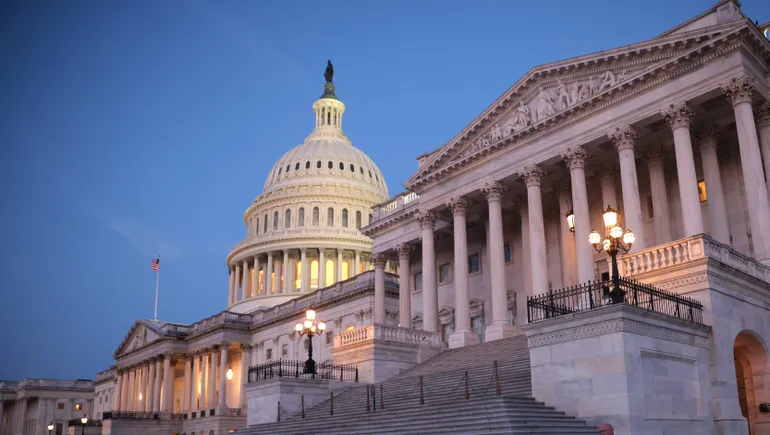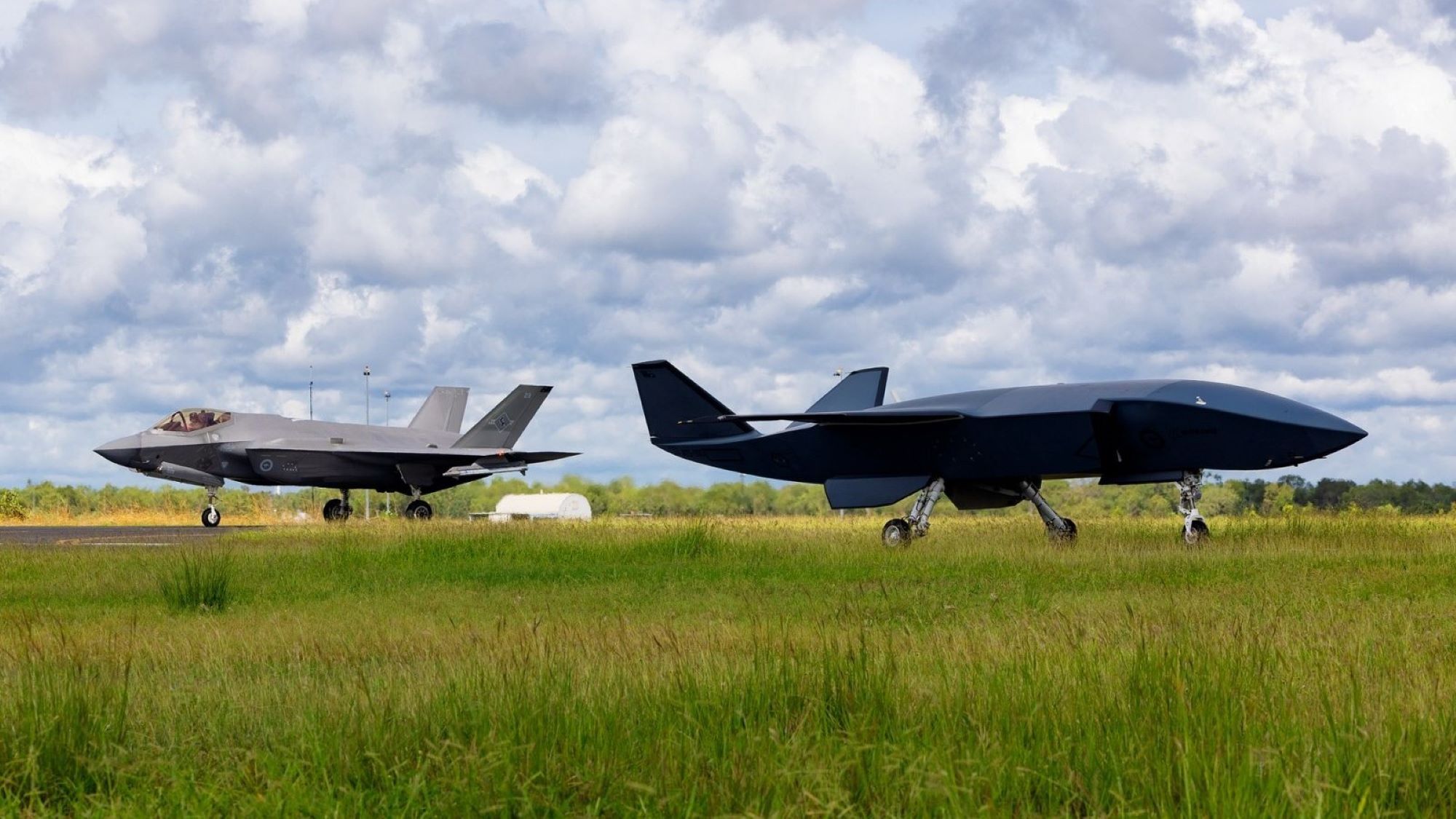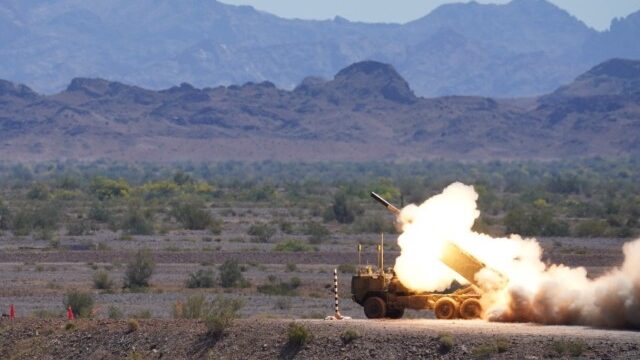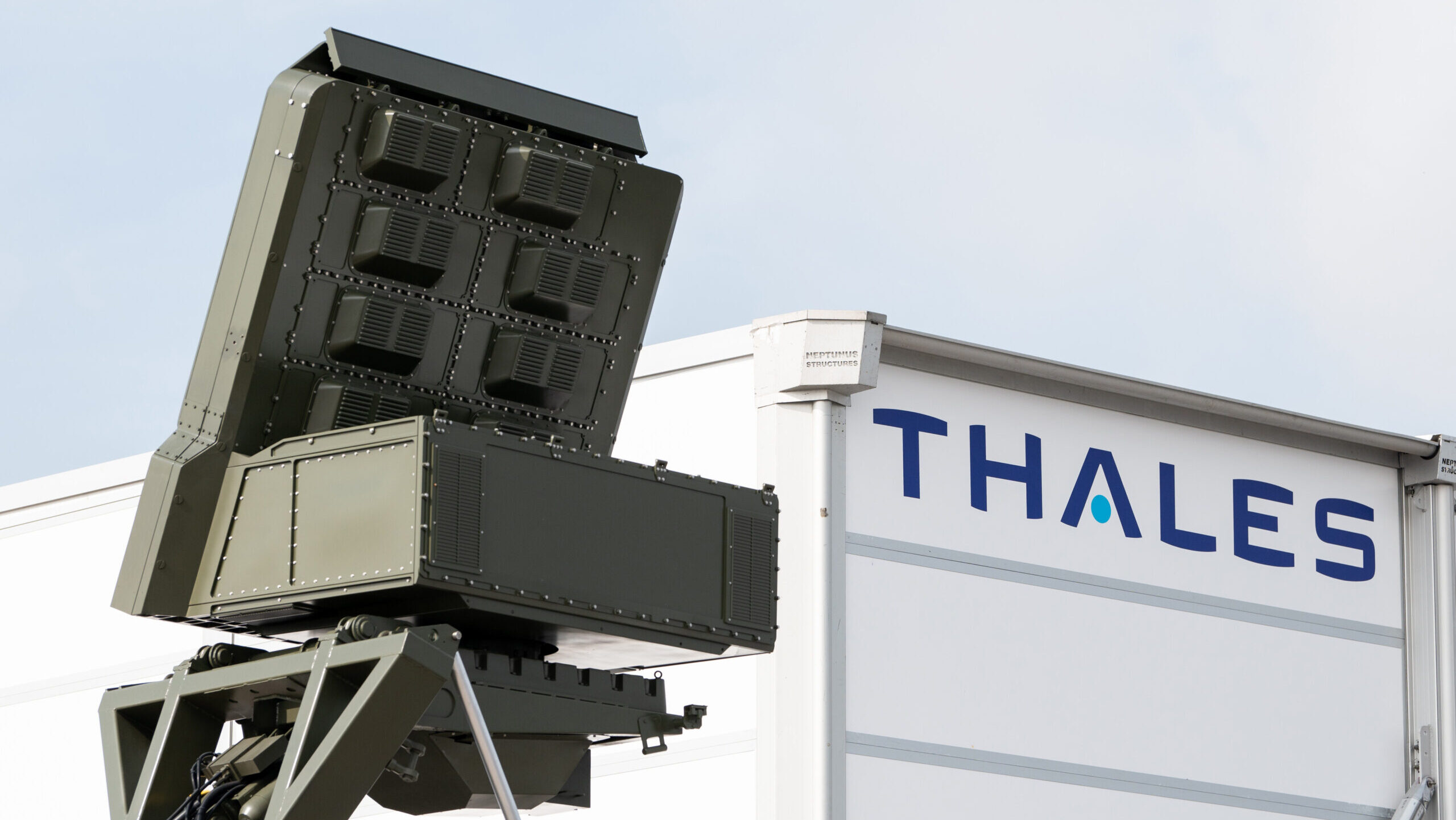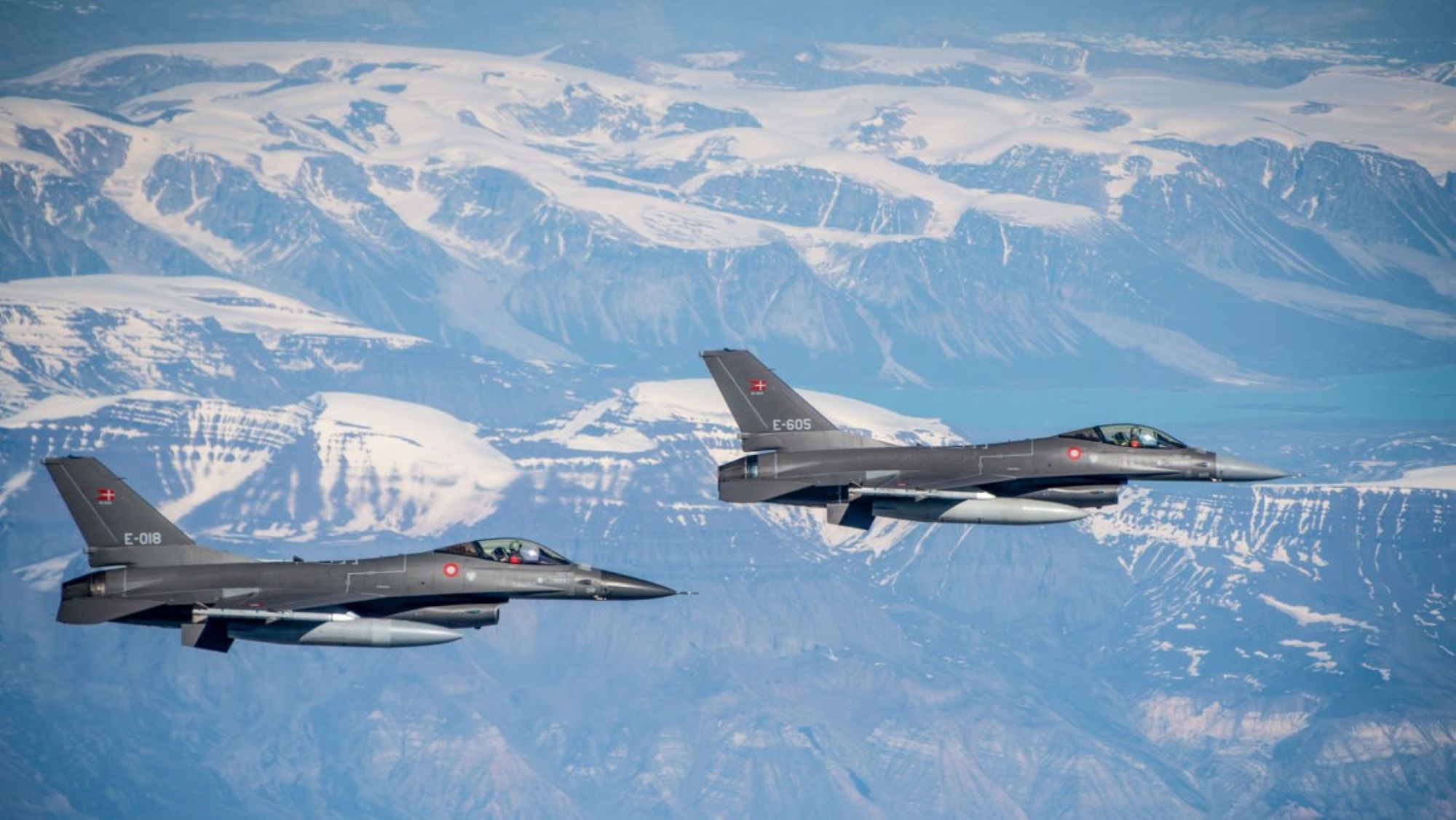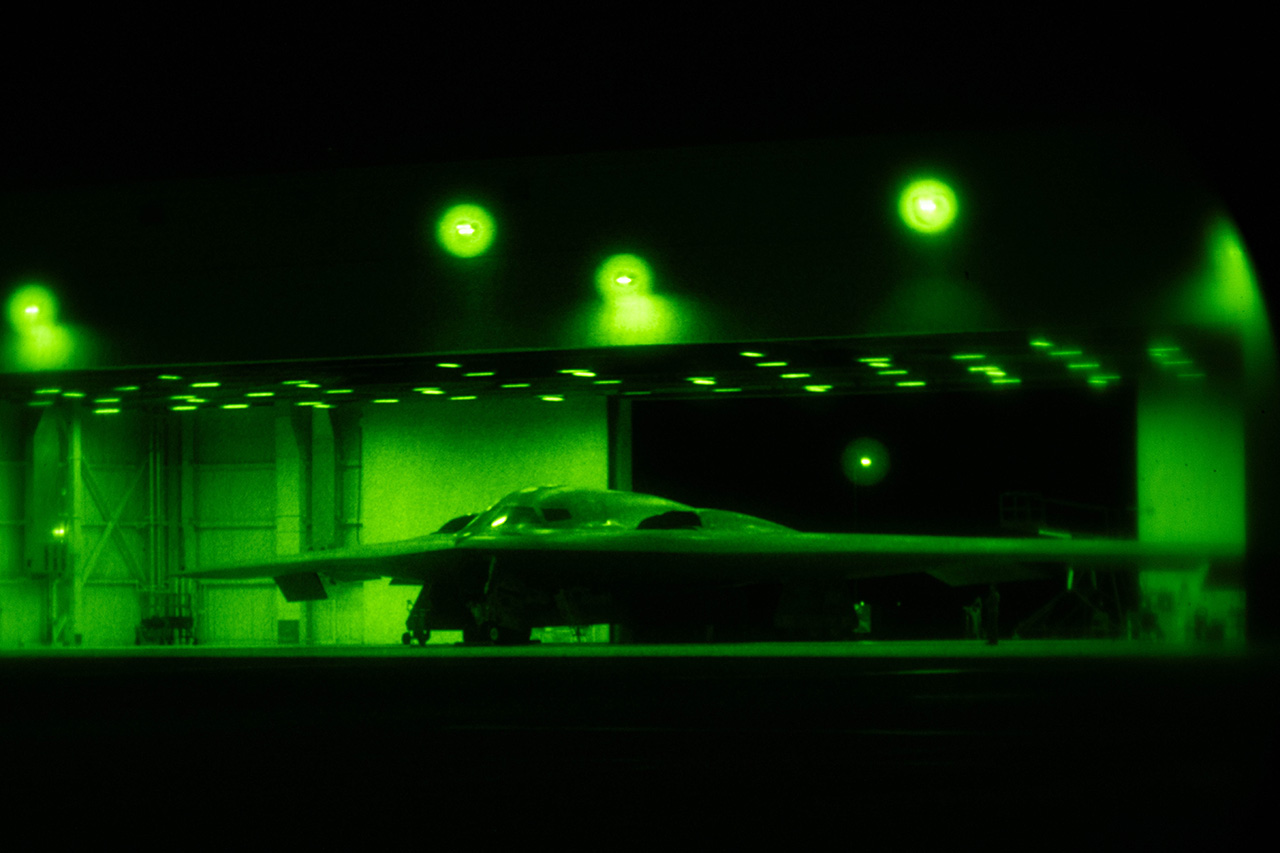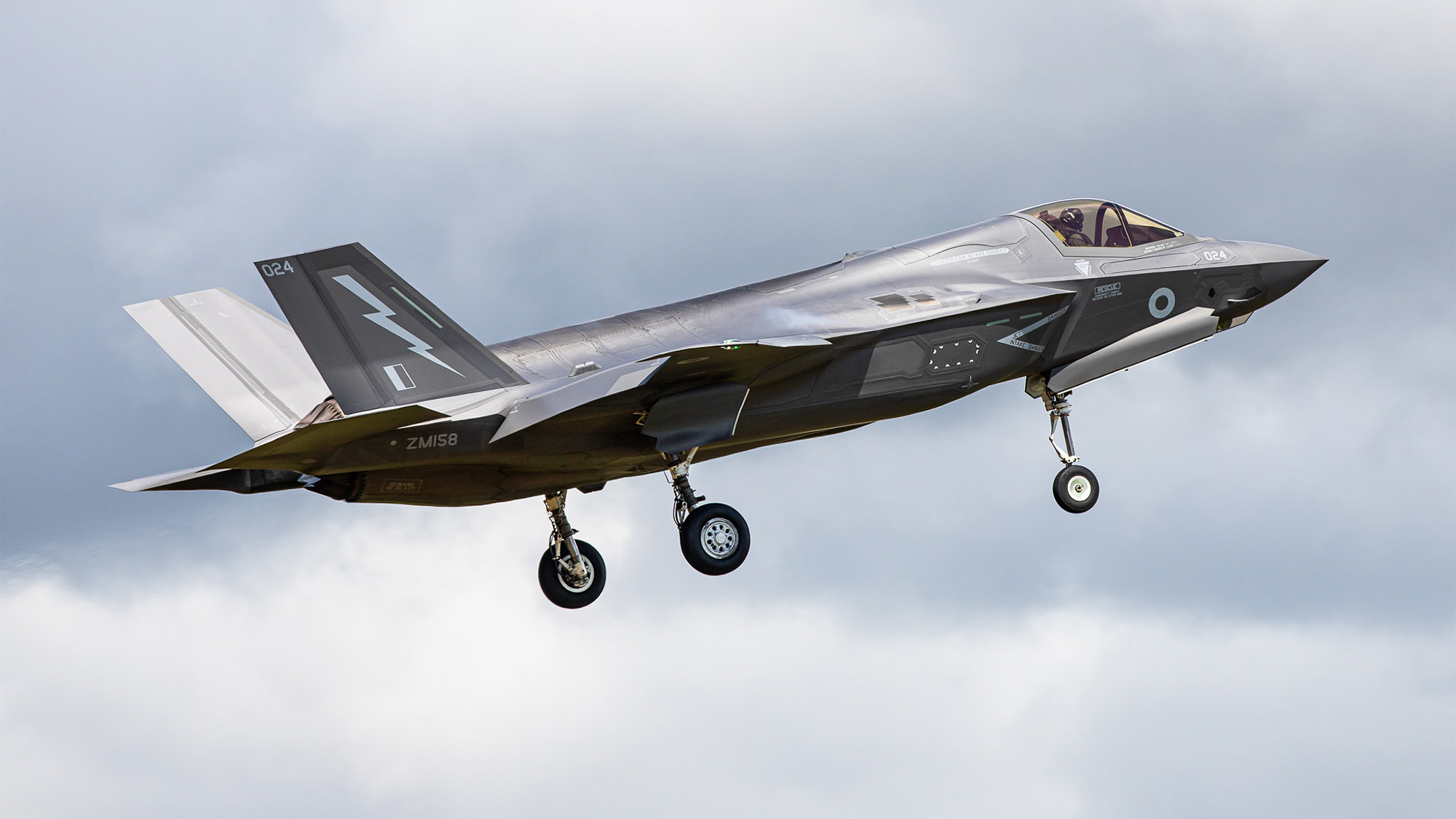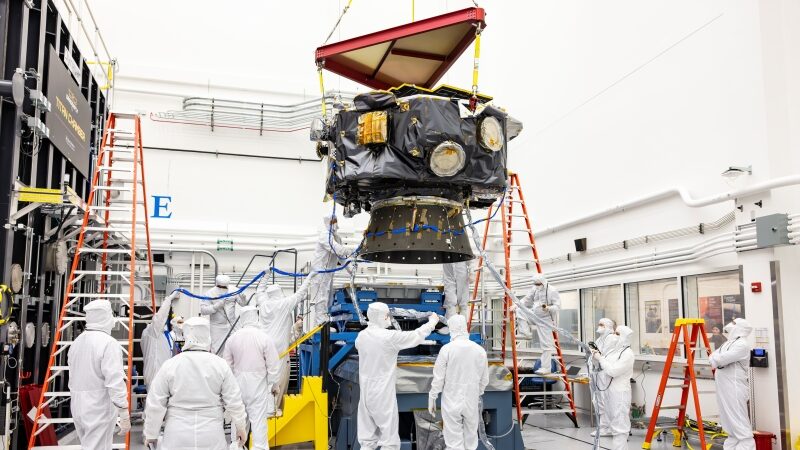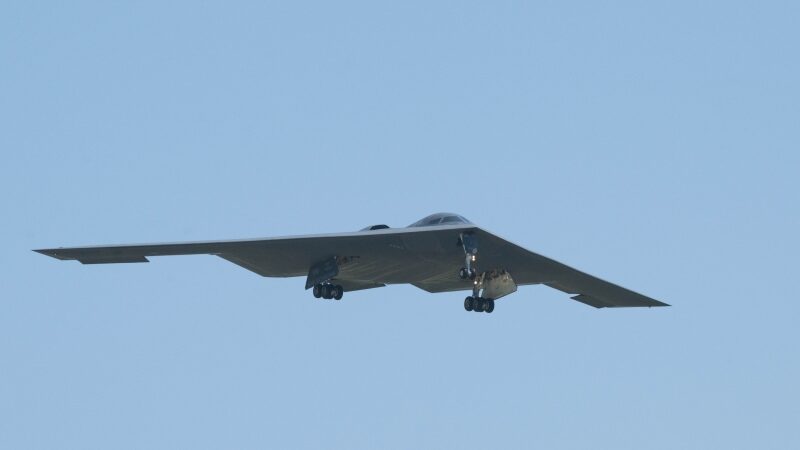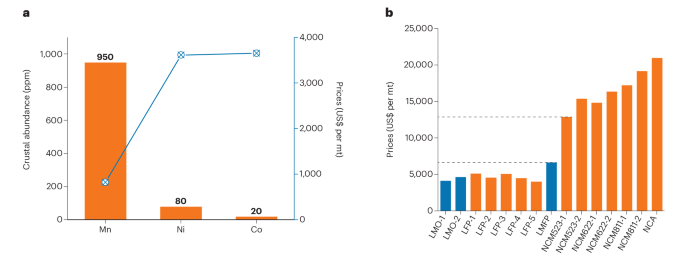Space Force should get a quarter of Pentagon spending, if DoD is serious about countering China
Christopher Stone in this op-ed argues that since China sees Space as the most important domain, the US should give more money to the Space Force.


U.S. Space Force Brig. Gen. Kristin Panzenhagen, Space Launch Delta 45 commander, and Assured Access to Space program executive officer, takes a tour of Vandenberg Space Force Base, Calif., Oct. 31, 2023. (U.S. Space Force photo by Senior Airman Tiarra Sibley)
Recently, the president and secretary of defense have indicated that they are looking forward to requesting a $1 trillion defense budget to achieve “peace through strength” and a bigger, more capable military. The secretary of defense has stated that the place where many of those bad actors are building up further to attack is in space, stating that the “most important domain of warfare will be the space domain … [so] you’re going to see far more investment from this administration into that domain, both offensively and defensively.”
If the Space Force is to get the resources it needs to be an effective deterrent and warfighting force in and from space, and not just a support provider to terrestrial services, it will require prioritization. In the coming budgets, the Space Force should be treated as the “first among equals” across the military services’ requirements.
Many may complain, but there is historical precedent for this. During the 20th Century’s Cold War between the United States and Soviet Union, the primary area of defense was strategic nuclear airpower, in particular the Strategic Air Command (SAC). Building up SAC, as the sole specified combatant command for nuclear deterrence and warfighting, was not just an Air Force priority but rather that of the entire Department of Defense.
As such, the majority of the department’s resources were devoted to SAC for several years to build it to where it was credible and survivable to attack by the Soviet Union — with the Army and Navy taking a back seat to the SAC build in the 1950s. For over 40 years, the Cold War never turned into a hot general nuclear war. The investment in SAC thus was the correct one.
Now that the US finds itself in a new period of great power competition, the most important arena is space. This is not just my opinion, or the secretary of defense’s, but also China’s. As one report to the US-China Commission stated: “ …nearly every Chinese source describes space as the ‘ultimate high ground,’ leading many Chinese analysts to assess that space is the place where wars could be won or lost … analysts writing on space argue that it will become the center of gravity in future wars and one that must be seized and controlled.”
Our main competitor sees space as the most important domain — while it is one of the weakest areas in our defense posture. Because of our lack of capacity and will to respond in space, China has come to believe that attacking vulnerable US critical space infrastructure is low risk to escalation. Our weak posture in space leads us into a very dangerous situation that must be remedied quickly.
This requires that DoD budgetary resources be allocated for a targeted Space Force expansion necessary to deter, deny, or defeat all threats from Chinese or Russian space forces. Two major steps are needed to combat this.
- First, Space Force should have more than 1/4 of the total DoD Budget for the next five years to field near term offensive and defensive weapons systems, modernize support infrastructure and progress into other mission requirement need areas in anticipation and/or response of Chinese and Russian activities in orbit and cis-lunar space. This should be in addition to, not a part of, the space-based interceptors called for by the President for Golden Dome.
- Second, Space Force should be given control of all counterspace capabilities currently deployed or under development by the terrestrial service departments. There might be an argument to be made for some ground-based or air-based space support infrastructure to be owned and operated by these non-space services, but all warfighting capabilities should be owned by the Space Force.
As our commander-in-chief has rightly stated, space is the most important domain of our national defense establishment, but it has been ignored for far too long while the enemy advances and develops its space forces for war.
The time has come to put our money where our mouths are and get the Space Force into the deterrence and warfighting force in space that our nation, and our current strategic situation, require.
Christopher Stone is Senior Fellow for Space Deterrence at the National Institute for Deterrence Studies in Washington, D.C. He is the former Special Assistant to the Deputy Assistant Secretary of Defense for Space Policy. The views and positions are those of the author and do not reflect the positions and opinions of the Department of Defense or the author’s employer.





























